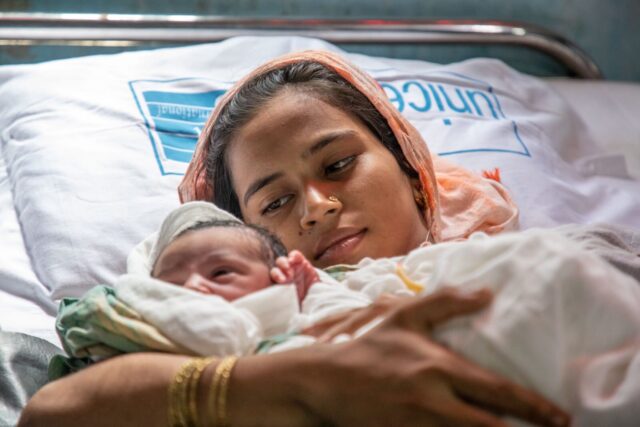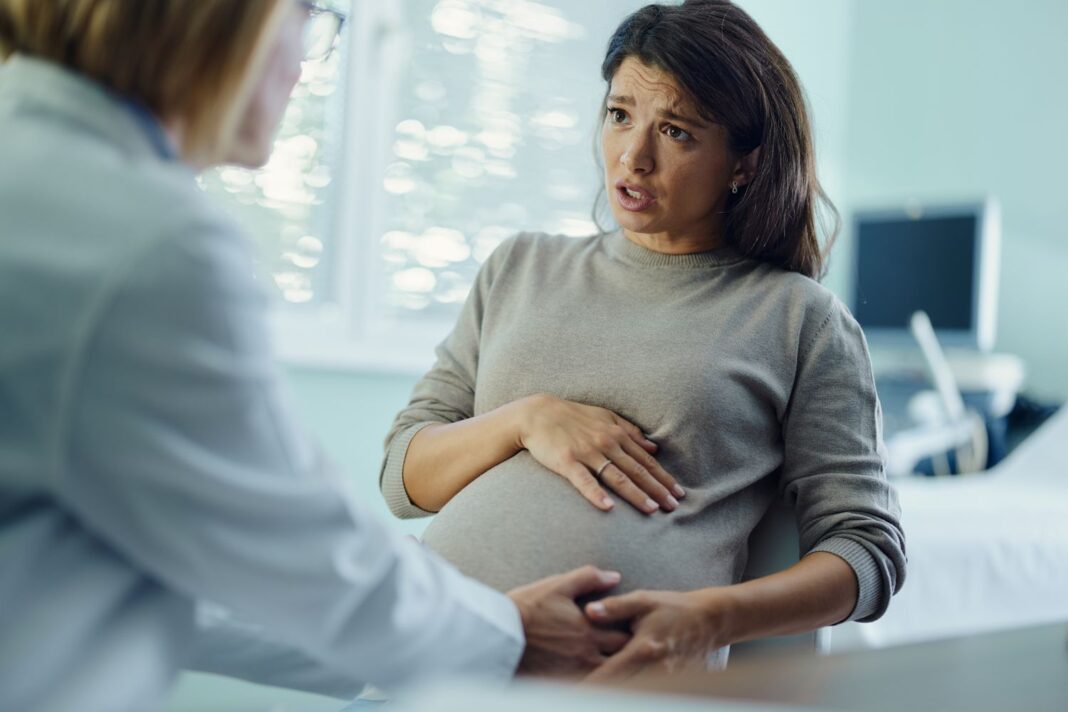Improving women’s health is vital not only for mothers but also for protecting the health of their infants, families, and communities, says author.
Global health research has long shown the devastating impact of maternal deaths on families and communities in developing countries. Yet in the United States—despite having the highest maternal mortality rate among peer nations—this connection is rarely highlighted.
A new study led by researchers at the School of Public Health provides the first comprehensive data in decades linking maternal deaths and severe maternal illness to infant health outcomes. The study, published in the journal Obstetrics & Gynecology, reveals that infants are significantly more likely to die or be hospitalized if their mother experiences a pregnancy-associated death or severe maternal morbidity (SMM).
Connection Between a Mother’s Health and Her Infant’s Well-being
The research examined maternal and infant health in Massachusetts from 1999 to 2021. Findings show:

- When a mother died during pregnancy or the postpartum period, the infant mortality rate was more than 14 times higher than for infants whose mothers survived.
- If maternal death followed severe maternal morbidity, the infant mortality rate was 22 times higher than when the mother survived.
- Among nonpremature infants who survived a maternal pregnancy-associated death, hospitalization within the first year of life was 35% more likely, and 10% more likely if the mother experienced SMM without death.
“These findings quantify the deep connection between a mother’s health and her infant’s well-being,” says Eugene Declercq, lead author and professor of community health sciences. “Improving women’s health is vital not only for mothers but also for protecting the health of their infants, families, and communities.”
The study analyzed 1,617,054 live births in Massachusetts between 1999 and 2020, identifying 474 pregnancy-associated maternal deaths—defined as deaths from any cause during pregnancy or up to one year postpartum. Data were drawn from statewide hospital records, with contributions from Tufts University School of Medicine, the Massachusetts Department of Public Health, the University of Colorado, and Evalogic Services, Inc.
As states reduce or eliminate maternal mortality review committees, the researchers emphasize the urgent need to strengthen support for women’s health—not only to prevent maternal deaths but also to safeguard infant and family health.
Source: School of Public Health




